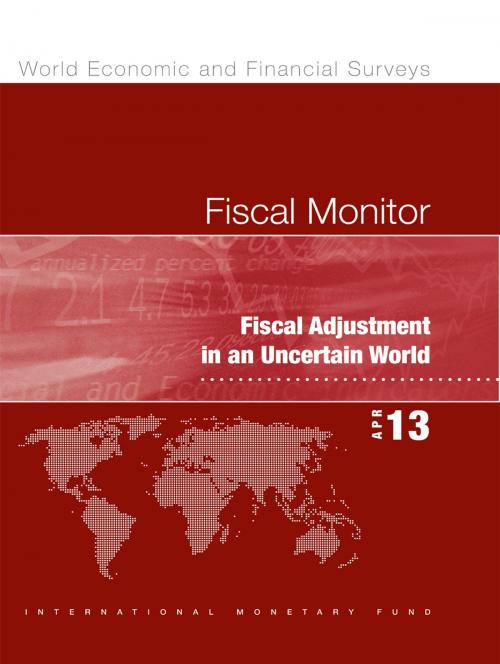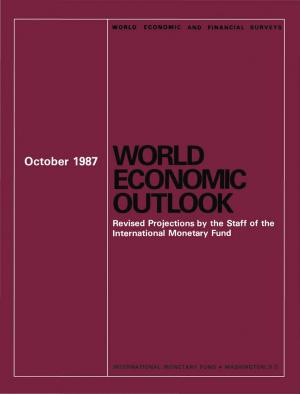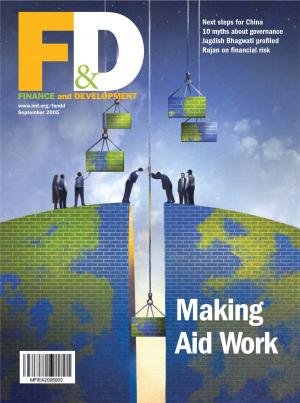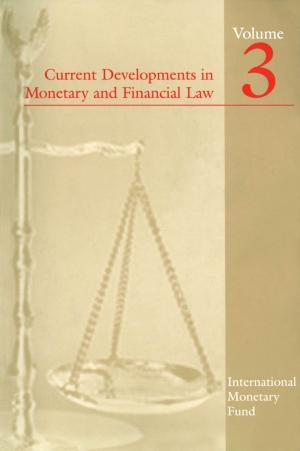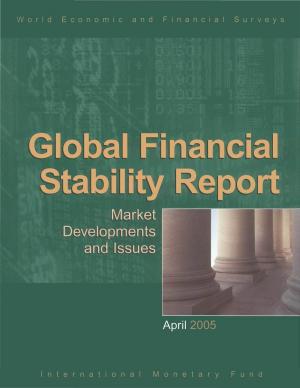Fiscal Monitor, April 2013: Fiscal Adjustment in an Uncertain World
Fiscal Adjustment in an Uncertain World
Business & Finance, Economics, Public Finance, Money & Monetary Policy, Finance & Investing, Taxation| Author: | International Monetary Fund. Fiscal Affairs Dept. | ISBN: | 9781557757715 |
| Publisher: | INTERNATIONAL MONETARY FUND | Publication: | April 16, 2013 |
| Imprint: | INTERNATIONAL MONETARY FUND | Language: | English |
| Author: | International Monetary Fund. Fiscal Affairs Dept. |
| ISBN: | 9781557757715 |
| Publisher: | INTERNATIONAL MONETARY FUND |
| Publication: | April 16, 2013 |
| Imprint: | INTERNATIONAL MONETARY FUND |
| Language: | English |
Continued progress in reducing advanced economy deficits and a gradually improving external environment have lowered short-term fiscal risks, according to this issue, but global prospects nevertheless remain subdued, and many advanced economies face a lengthy, difficult, and uncertain path to fiscal sustainability. Though many advanced economies are now close to achieving primary surpluses that will allow them to stabilize their debt ratios, this is only a first step, as merely stabilizing advanced economy debt at current levels would be detrimental to medium- and longer-term economic prospects. The key elements of the required policy package are well known: foremost among them is setting out—and implementing—a clear and credible plan to bring debt ratios down over the medium term. Debt dynamics have remained relatively positive in most emerging market economies and low-income countries, and most plan to continue to allow the automatic stabilizers to operate fully, while pausing the underlying fiscal adjustment process. Those with low general government debt and deficits can afford to maintain a neutral stance in response to a weaker global outlook. But countries with relatively high or quickly increasing debt levels are exposed to sizable risks, especially once effective interest rates rise as monetary policy normalizes in the advanced economies and concessional financing from advanced economies declines. The widespread use of energy subsidies makes commodity prices an additional source of vulnerability in many emerging market and low-income economies; subsidy reform, higher consumption taxes, and broadening of tax bases would help support consolidation efforts.
Continued progress in reducing advanced economy deficits and a gradually improving external environment have lowered short-term fiscal risks, according to this issue, but global prospects nevertheless remain subdued, and many advanced economies face a lengthy, difficult, and uncertain path to fiscal sustainability. Though many advanced economies are now close to achieving primary surpluses that will allow them to stabilize their debt ratios, this is only a first step, as merely stabilizing advanced economy debt at current levels would be detrimental to medium- and longer-term economic prospects. The key elements of the required policy package are well known: foremost among them is setting out—and implementing—a clear and credible plan to bring debt ratios down over the medium term. Debt dynamics have remained relatively positive in most emerging market economies and low-income countries, and most plan to continue to allow the automatic stabilizers to operate fully, while pausing the underlying fiscal adjustment process. Those with low general government debt and deficits can afford to maintain a neutral stance in response to a weaker global outlook. But countries with relatively high or quickly increasing debt levels are exposed to sizable risks, especially once effective interest rates rise as monetary policy normalizes in the advanced economies and concessional financing from advanced economies declines. The widespread use of energy subsidies makes commodity prices an additional source of vulnerability in many emerging market and low-income economies; subsidy reform, higher consumption taxes, and broadening of tax bases would help support consolidation efforts.
